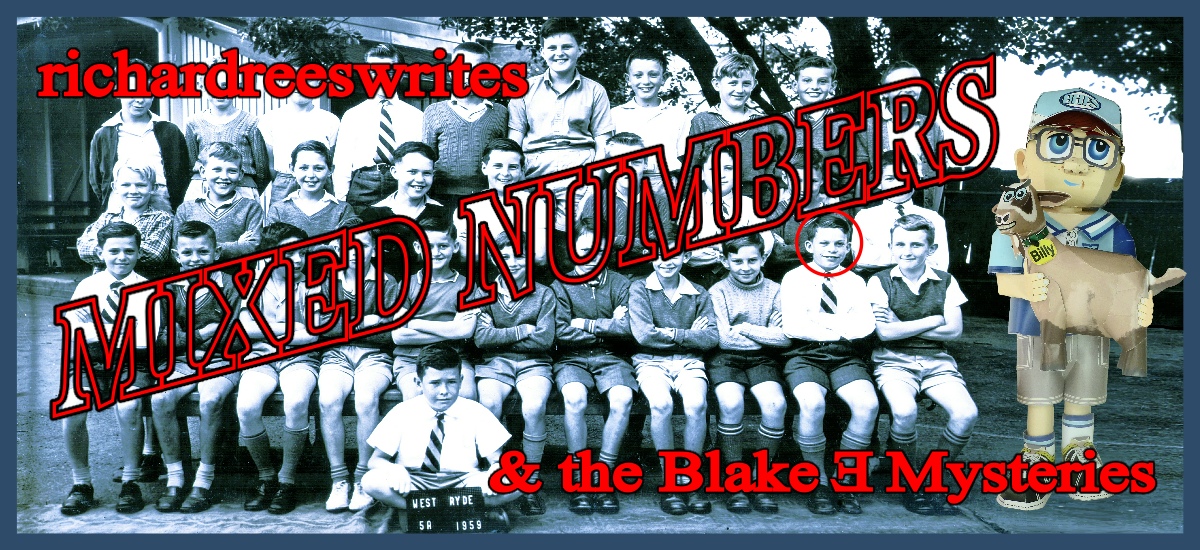Alan’s eyes narrowed as he whispered in Keith’s ear―skullduggery etched on both faces.
They were not alone in their secretive endeavours. Sue and Gordon exchanged knowing glances and swapped pieces of paper with the guile of Special Branch operatives. John and Steve stared at the shared clipboard, which gave their overt action an air of respectability. But those who understood their motives were not amused.
I had witnessed similar incidents in previous weeks, but today their behaviour unsettled me. The assembly had just begun, so I decided to interrupt and accuse them of colluding: besides, they were teachers.
The blatant disregard for the wishes of other staff members had now reached an unacceptable level. Colleague against colleague: partisan strategies shared then shattered. Will this state of affairs ever change?
OK, my workmates were not as unscrupulous as it sounds. The seven of us recognised our dilemma, in the short term, would be resolved next recess when we traded our role-playing recreation for reality.
Diplomacy, for those unfamiliar with the pastime, is a board game based on a political map of Europe before World War I. Each player guides one European country, aiming to increase its power and territory through strategic offensives. Progress in the game requires forging alliances with skill, tact and foresight. This task proves most difficult because upsetting nearby neighbours, as the saying goes, is a clear and present danger.

In our outback school in Hay, cramped faculty rooms meant everyone met for morning tea in the teacher’s common room. During one term, in the early eighties, we set aside a coffee table for our Diplomacy board. On Tuesdays and Thursdays, we updated the state of play according to the negotiations which had taken place since the previous move. We shuffled replica tanks and boats around a flagged Europe akin to a scene from the war room in an old movie. In week fifteen―the four-term school year did not begin until 1987―we determined the winner from the countries still active in the conflict. The years have passed, and my memory is failing, but I assume Alan, the master strategist, won.
Friendships remained intact, but the stress involved in the constant negotiations limited our Diplomacy entertainment to one term and one term only!
“When playing a game, the goal is to win but, it is the goal that is important not the winning.”
Reiner Knizia (1957-) German Mathematician and Game Designer.

I remember that! Great story.
Yes I remember the days of diplomacy negotiations in the hwmhs common room – cant say I was that successful 🙂
Thx